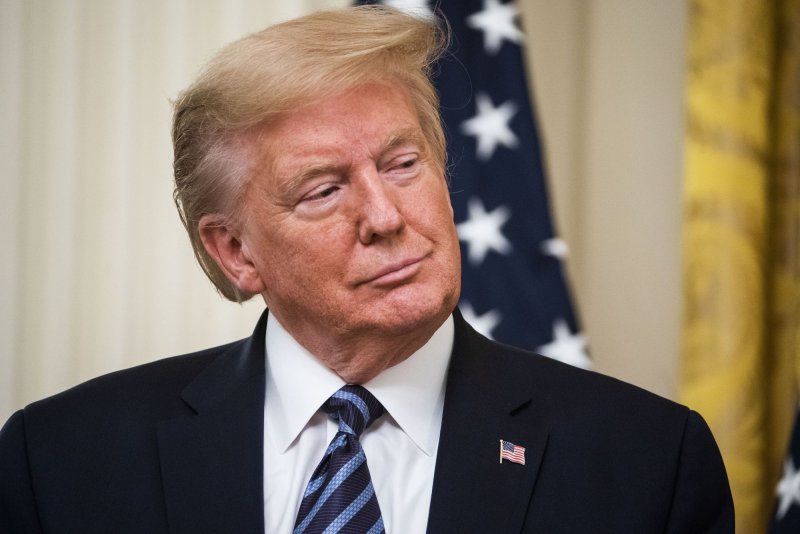The University of Virginia has secured a settlement with the Justice Department, effectively pausing federal investigations into its admissions policies and civil rights practices. This agreement comes as part of ongoing scrutiny by the Trump administration, which has focused on perceived left-leaning ideologies at higher education institutions.
Both the University of Virginia and the Justice Department confirmed the settlement on October 23. Federal prosecutors indicated that their investigations into the university’s practices will be temporarily halted. As part of the agreement, the University of Virginia commits to implementing the Guidance for Recipients of Federal Funding Regarding Unlawful Discrimination released by the Trump administration in July 2023.
Under this guidance, the federal government ties funding to its interpretation of civil rights laws, which may limit diversity, equity, and inclusion (DEI) initiatives. The university will also provide quarterly reports to federal prosecutors containing relevant information and data through 2028, though it will not incur any financial penalties.
University of Virginia interim President Paul Mahoney emphasized the importance of this agreement in a letter to the university community. “Importantly, it preserves the academic freedom of our faculty, students, and staff,” he stated. Mahoney reassured stakeholders that the university would not be disadvantaged compared to other institutions regarding federal research grants and funding.
Since taking office in January, the Trump administration has used executive powers to target numerous universities, particularly those labeled as elite. This has included a series of executive orders, legal actions, and threats concerning issues ranging from anti-Semitism to the enforcement of DEI policies. Critics argue that Trump has pressured these schools to conform to his administration’s far-right policies.
The University of Virginia is among seven institutions that declined to sign Trump’s 10-part Compact for Academic Excellence in Higher Education, which was proposed on October 1. This compact offers priority access to federal funds in exchange for compliance with government-mandated reforms, including restrictions on transgender individuals’ access to facilities.
Senator Chris Van Hollen, a Democrat from Maryland, criticized the university’s agreement, accusing it of capitulating to “Trump’s bullying.” He described the situation as not only wrong but also counterproductive, arguing that it encourages further coercive tactics from the administration.
Similarly, Senator Scott Surovell of Virginia labeled the settlement a “surrender” by the university. He expressed concern about the implications of expanding federal power over academic institutions, asserting, “We have the right to run our universities.”
This settlement reflects the ongoing tensions between federal authorities and educational institutions regarding academic freedom and the influence of political ideologies on educational policies. As the situation evolves, many will be watching how this agreement impacts the University of Virginia and its commitment to diversity and inclusion in an increasingly polarized environment.
